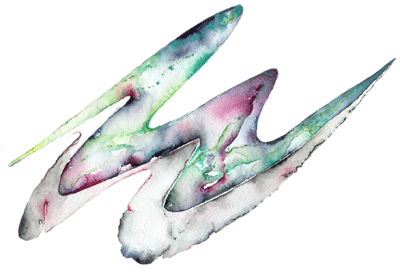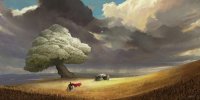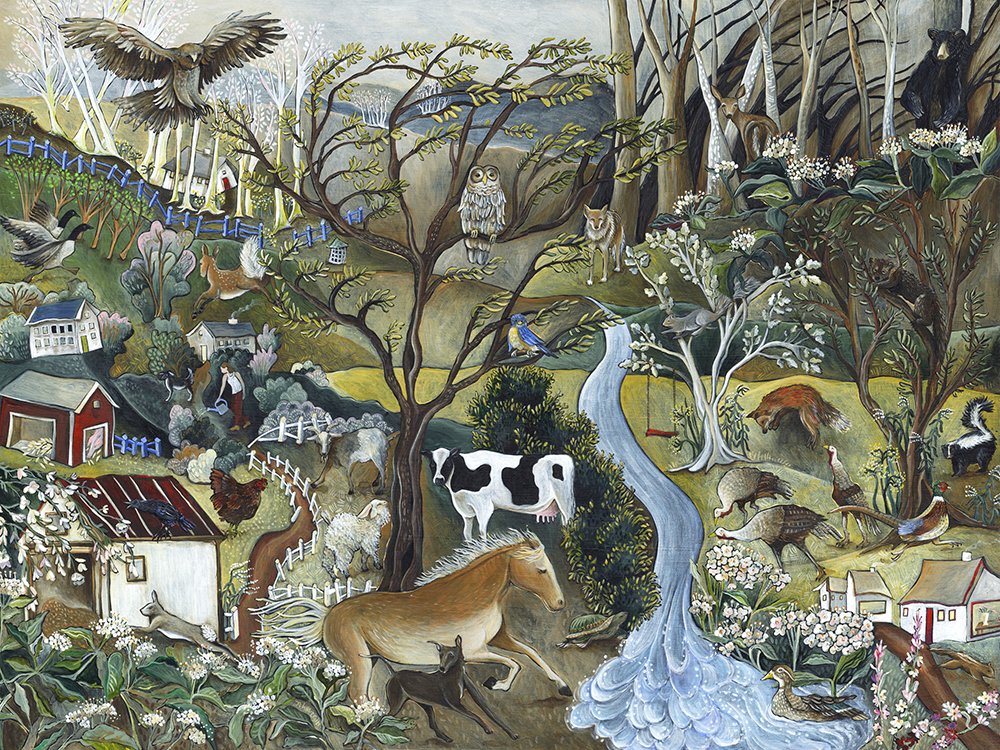Week 10 - Isaiah 45:14-25
"We may ignore, but we can nowhere evade
the presence of God.
The world is crowded with Him.
He walks everywhere incognito.”
C.S. Lewis
With this week’s verses, we are back on familiar ground as well-known themes surfaced; Yahweh is sovereign - and the Babylonian idols are not. There is no other God. In contrast to the very visible idols, Yahweh’s hiddenness is “intrinsic to Yahweh’s character”. I was reminded of CS Lewis’ words of how God walks incognito in the world. God’s work among is is hidden. All the ends of the earth will be saved...or is it only the offspring of Israel?
Also in our passage is God’s promise of future deliverance.
Humans are uniquely gifted with brains that can function as time machines: we can relive the past, and we can project into the future. At the time of this writing (January 2021), we can't help but speculate what 2021 will be like. Will we be able to meet again in person, go to a concert, or travel to Phoenix? Our predictions will likely be wrong - after all, last year no one had a global pandemic on their radar. If we have developed any capacity for self-reflectIon (or even humility), we know that whichever way we look, either back in reverie or forward in hope, it is never true in any objective sense. Our life is hidden, even from us. Nonetheless, these reflections have value because they reflect what we care about right now; what we hope for right now. The pictures we have in our imaginations help us make the journey into this new year to explore what is possible, even if they are not “true".
The prophet Isaiah is looking into a time machine as well. Prophets are always reminding the people to look at the past, to the “the God of Abraham, Jacob and Isaac”. Prophets are also looking into the future, sometimes in judgement but also in promise. Isaiah is painting pictures of what can happen (not what will happen, or even should happen) in the future life of captive Israel. What will this covenant partnership with Yahweh look like when the chains are off? When the people of Israel are lifted out of the dirt of exile, what kind of nation will they be? (Keep in mind, the poet is not a theologian, nor a historian, nor a minister of foreign policy. He is using a unique genre of rhetorical poetry called prophecy.)
What he sees will likely shock or dismay us at first. We wonder in horror when we read how subservient foreign nations come begging to Israel in chains, dispossessing themselves of their wealth, and are openly shamed for their ignorance and idol worship. Meanwhile “all the children of Israel shall triumph and glory.” (vs.25) On the surface, it appears as crassly nationalistic and aggressively materialistic. What’s up with that?
We have to confess that there is strong temptation towards nationalism, materialism and exclusivism in these verses. We are relieved when the prophet shifts to “turn to me and be saved, all the ends of the earth” (vs.22), because over and against this coarse rhetoric are these beautiful and evocative pictures of Yahweh, the faithful ineffable God who is powerfully able and willing to save not just Israel but all nations. “Truly you are a God who hides himself” (vs.15), a God who "did not create the earth in chaos" (vs.18), one who "did not ‘speak in secret in a land of darkness" (vs.19), and the One to whom “every knee shall bow and tongue swear.” (vs.23)
We will sift through both the light and dark in this passage, and hopefully find a word we can bring into the New Year.
- Lydia
Reading: Brueggemann pages 80-86
Questions for Reflection
- Isaiah 45:24 says that those who were against Yahweh will be “ashamed”. The flip side is the danger of spiritual pride for those who see themselves on Yahweh’s side. There is a fine line between religious arrogance and faithful confession. How can we express confidence in our confession of faith without alienating other people?
- Isaiah 45:15 says that Yahweh hides himself, but a few verses later he says “I did not speak in secret.” (45:19a). What do you make of this seeming contradiction? Can both be true in the life of God’s people? What comes to mind when you hear that God is “truly a God who hides himself?” What comes to mind when you hear that God “did not speak in secret in a land of darkness?” How have you experienced God’s hiding and/or God’s speaking?
- There is a reference to the creation story in 45:18, where Isaiah says that “the Lord created the heavens and formed the earth, he did not make it a chaos.” And again in 45:19, “I did not say to the offspring of Jacob, 'seek me in chaos.’” The Hebrew word used in Genesis and in these passages is tohu, which can mean emptiness or form-lessness. Because it is unformed by God, it is outside of God's sovereignty, thus expressed as chaos. We live in a tohu world, and have parts of our lives that are tohu (outside of God’s sovereignty that lean towards chaos) Reflect on the tohu parts of your life that need to be filled/shaped by God.
image from Steve Goad




